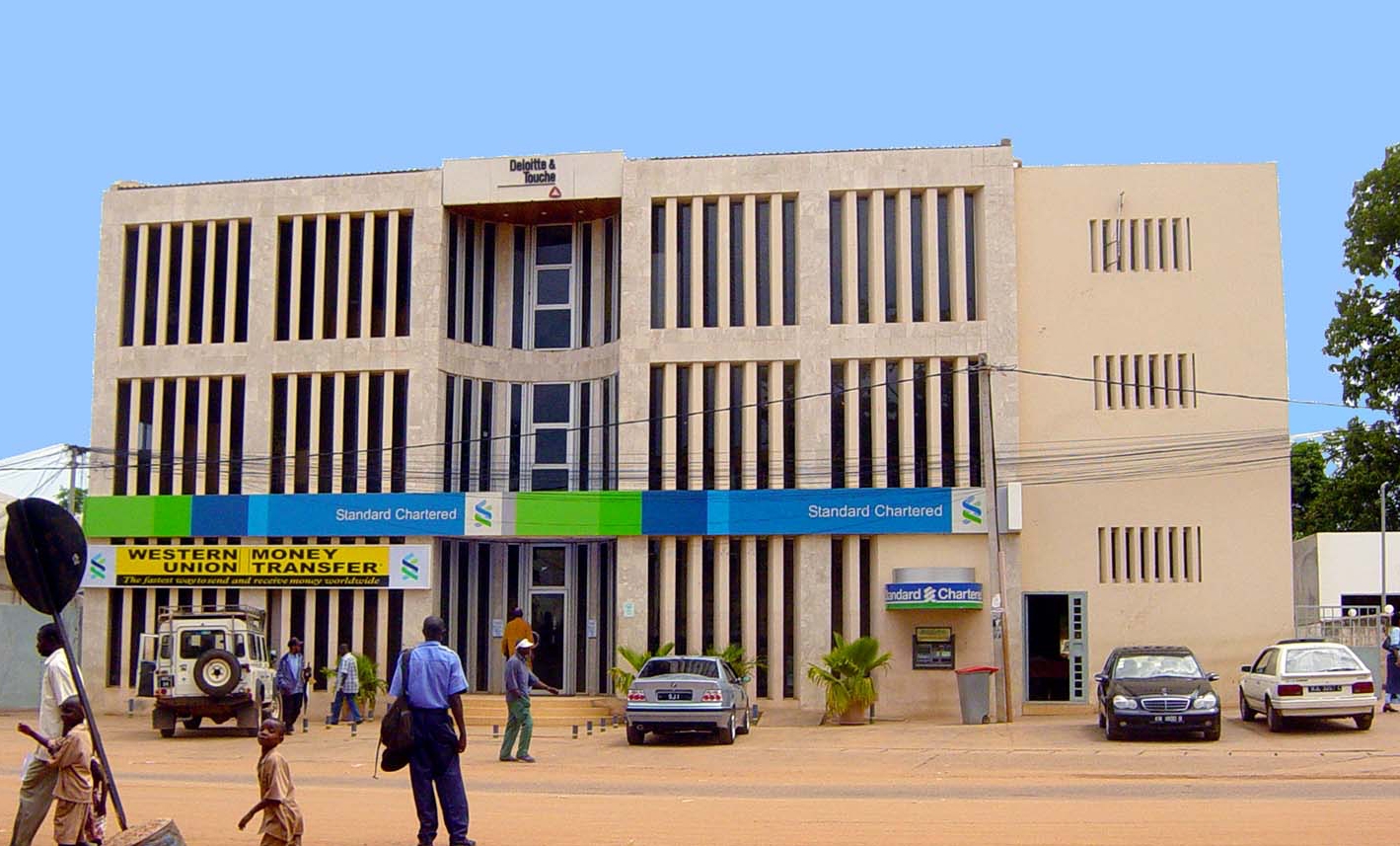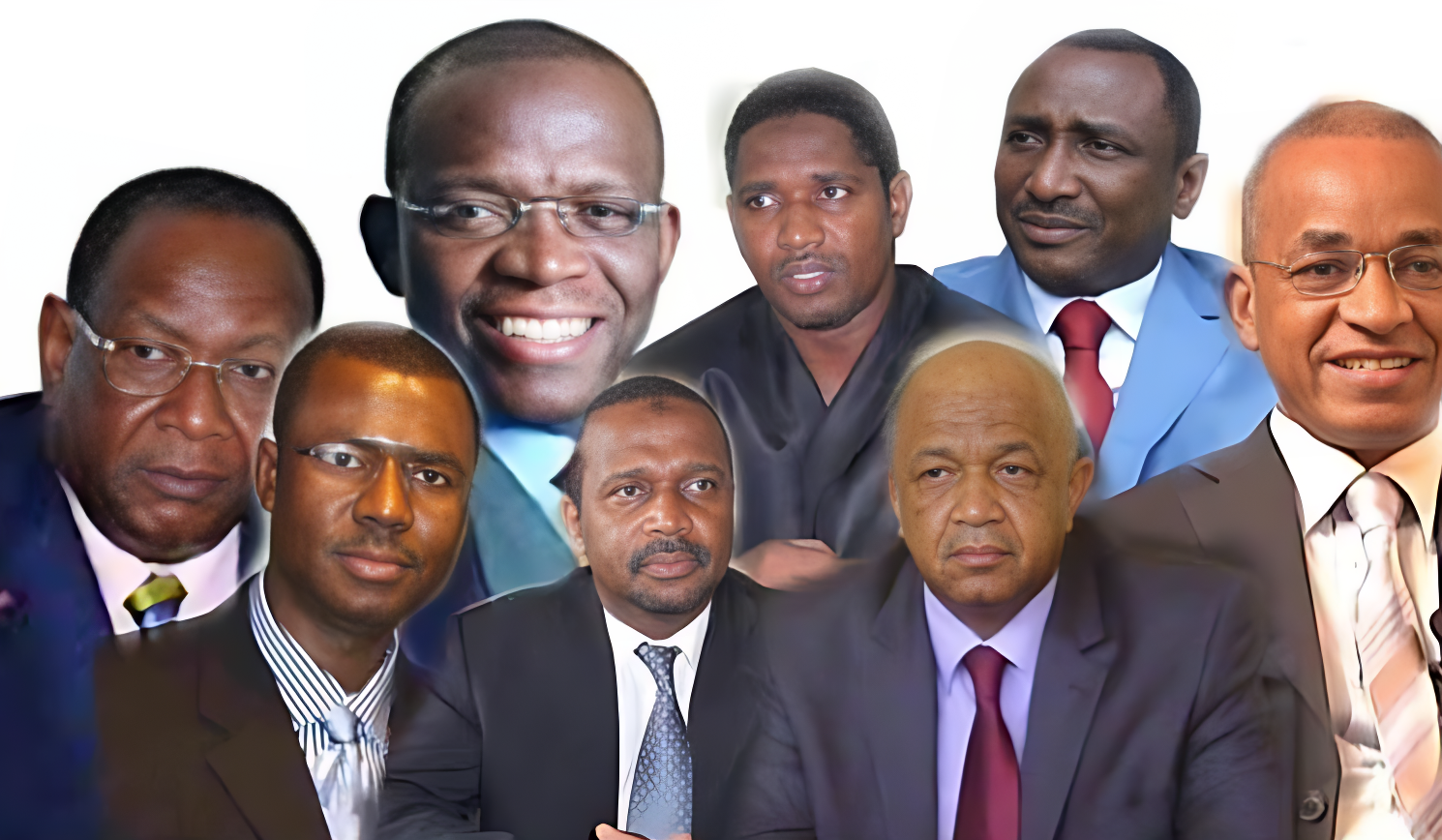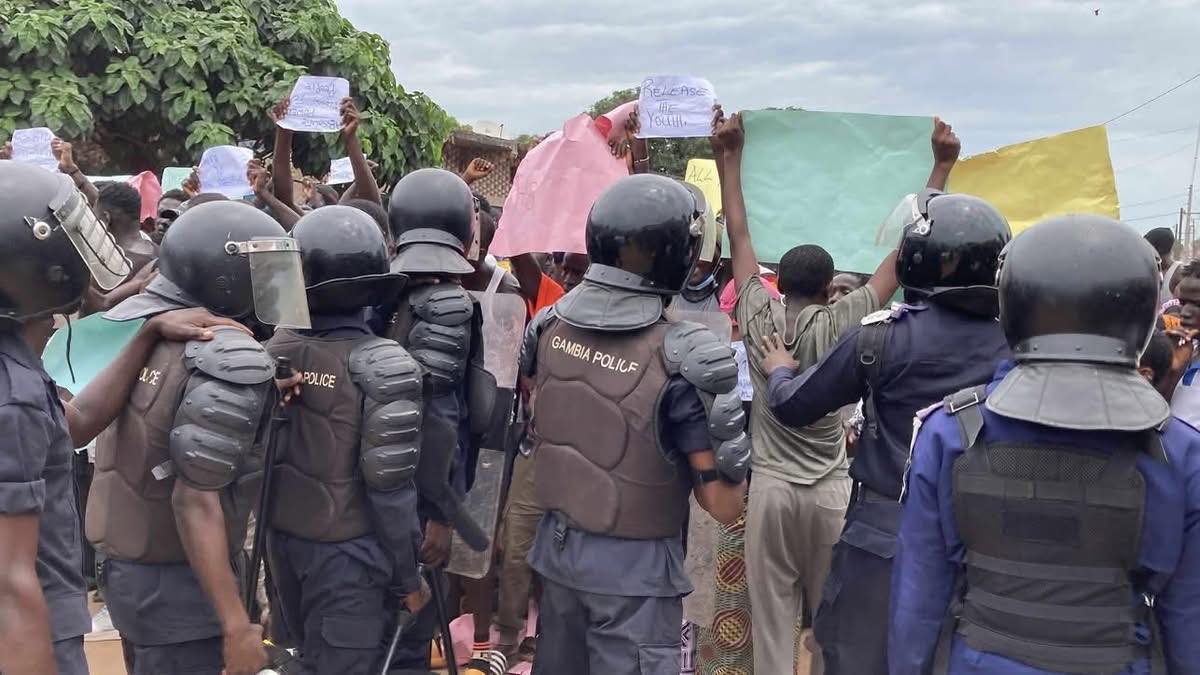Gambiaj.com – (BANJUL, The Gambia) – The Johannesburg-based global civil society alliance CIVICUS has raised alarm over what it describes as a growing pattern of legislative and institutional threats to press freedom, freedom of expression, and civic space in The Gambia. In its latest report, Civicus Monitor, the organization, warns that the country’s new Criminal Offence and Procedure Bill, alongside the proposed Cybercrime Bill, could significantly roll back democratic gains and undermine fundamental rights.
According to CIVICUS, the legislative developments—combined with recent arrests of journalists and protesters—signal a troubling reversal of the progress The Gambia had made since the fall of Yahya Jammeh’s regime in 2017.
New Constitution and Shrinking Civil Space
The concerns follow the National Assembly’s rejection of the 2024 Draft Constitution on 7th July 2025. Although the draft sought to modernize fundamental rights and introduce socio-economic protections, it also contained provisions that critics said would centralize power in the presidency.
Among the contentious elements were the removal of retroactive presidential term limits, the president’s increased control over National Assembly members, and changes undermining judicial independence, including the removal of citizenship and confirmation requirements for the Chief Justice.
Human rights advocates also warned against provisions extending police detention from 48 to 72 hours and limiting rights to petition, education, and assembly. These, they argued, would compromise civil liberties and citizen participation.
Both the Gambia Bar Association and the opposition United Democratic Party (UDP) criticized the draft process as opaque and exclusionary. The UDP described the document as “unacceptable,” while the Bar Association said the lack of transparency undermines efforts to achieve a legitimate new constitution.
Journalists Under Pressure
CIVICUS documented several incidents where journalists and media houses were targeted under restrictive laws and state pressure.
On 26th September 2024, police arrested The Voice newspaper’s editor-in-chief, Musa Sheriff, and reporter Momodou Justice Darboe on charges of “false publication and broadcasting” after an article about President Adama Barrow’s alleged choice of successor.
Although the president later withdrew his defamation lawsuit, the arrests drew sharp condemnation from rights groups, including the Media Foundation for West Africa (MFWA) and the West Africa Democracy Solidarity Network, which called for an end to criminal prosecutions of journalists.
Similarly, on 3rd September 2024, Environment Minister Rohey John Manjang sued investigative journalist Kebba Ansu Manneh for libel following reports linking her to illicit timber sales. The Gambia Press Union (GPU) warned that the growing use of civil and criminal defamation suits by senior officials risks entrenching self-censorship.
Tensions escalated again in March 2025 when Information Minister Dr. Ismaila Ceesay summoned editors and media regulators over what he deemed “misleading” reporting of an Afrobarometer survey on public trust in institutions. MFWA described the summons as “intimidation and overreach,” urging the minister to respect press independence.
Criminal Offense Bill Raises Alarm
The Criminal Offence and Procedure Bill, passed in March 2025, replaced colonial-era sedition and defamation laws. However, rights organizations say it simultaneously introduces new threats to civic freedoms.
According to the Edward Francis Small Center for Rights and Justice (EFSCRJ), the law gives the executive sweeping powers to restrict publications and criminalize dissent. Section 49, which allows the president or a minister to ban publications without judicial oversight, has been identified as particularly dangerous.
GPU President Isatou Keita noted that the law effectively reintroduces the “false publication” offense used during Jammeh’s era to silence the media. “This is a regression, not a reform,” she warned.
Cybercrime Bill Threatens Digital Freedoms
Equally concerning to CIVICUS is the proposed Cybercrime Bill, reintroduced in March 2024. While framed as an effort to combat cyber threats, the bill’s broad and vague provisions criminalize a wide range of online speech—including criticism of public officials—and could be weaponized against journalists and civil society groups.
The bill grants security agencies extensive surveillance powers with little oversight and criminalizes the use of privacy-enhancing tools. CIVICUS warned that such provisions would “stifle dissent, erode privacy, and restrict the work of journalists, researchers, and human rights defenders.”
The Gambia Press Union has called for wide public consultation before any passage of the bill, urging lawmakers to align it with international human rights standards.
Peaceful Assembly Under Threat and Democracy at a Crossroads
The CIVICUS report also highlights growing intolerance of peaceful assembly. In recent months, Gambian police have repeatedly used force and arrests to disperse demonstrations.
In July and August 2025, more than 20 youth protesters linked to the Gambians Against Looted Assets (GALA) movement were detained during anti-corruption protests and demonstrations against rising internet data tariffs. Rights groups accused the police of using excessive force, including tear gas, and of detaining activists without proper legal basis.
On 15th September 2025, police again arrested activists—including GALA’s public relations officer Omar Saibo Camara—and a journalist during a peaceful protest over the dismissal of Auditor General Momodou Ceesay.
The Media Foundation for West Africa condemned the crackdown, calling on authorities to “uphold the right to peaceful assembly and stop criminalizing dissent.”
CIVICUS concludes that The Gambia’s civic space is “narrowing” amid mounting legal and institutional pressures. The alliance urges the government to amend repressive provisions in both the Criminal Offence and Cybercrime Bills, ensure genuine public consultation on constitutional reforms, and guarantee the independence of the judiciary and media.
“The Gambia’s democratic transition remains fragile,” the report warns. “Without urgent action, these laws risk entrenching executive dominance and silencing the very voices that sustain democracy.”










